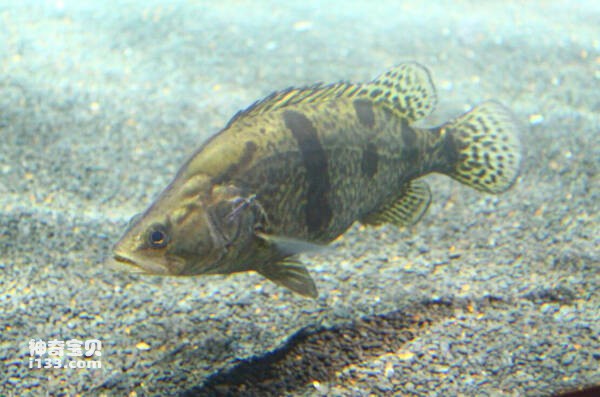The cocked mandarin fish is also called school fish, sweet-scented osmanthus fish, season flower fish, flower fish, fat fish, etc. It has a tall body, flat sides, and a yellowish-brown color with many irregular black spots, brown patches and small spots. Its meat is tender and delicious, and it has long enjoyed a reputation as a rare fish. From the Han Tomb No. 1 in Mawangdui, Changsha, mandarin fish bones were found among the funerary objects. From this, we know that as early as the end of the Western Han Dynasty 2,000 years ago, it was already the main edible fish.

Mandarin fish is rich in nutrients, with 19.3% protein per 100 grams of edible part, exceeding the protein content of carp, silver carp and other fish. Mandarin fish contains 00.8% fat, 1.2% inorganic salt, and 78.7% moisture. For this reason, it is often used as a tonic for pregnant women and anemia patients in my country. The Japanese, who like to eat fish, are particularly fond of mandarin fish, which is known as "China's famous delicacy" and "freshwater sea bream". Live mandarin fish are exported to Hong Kong, Macao, Southeast Asia, and Japan, and the exchange rate is extremely high.
The cock-billed mandarin fish is widely distributed in my country. They are distributed in almost all rivers, rivers, lakes and rivers from Guangdong in the south to Heilongjiang in the north, but they are mostly found in the middle and lower reaches of the Yangtze River.
What needs to be pointed out in particular is that the mandarin fish in the Jiangnan area grows much faster than the mandarin fish in the Jiangbei area at the same age. Mandarin fish like to live in still water or lakes with slow water flow and overgrown aquatic plants. When the water temperature drops below 7℃, the activity ability is reduced, and they often swim to the deep water areas of rivers to survive the winter. The largest mandarin fish can reach 80 centimeters in length and weigh more than 10 kilograms, but those weighing 0.5-1 kilogram are the most delicious.
animal tags:
We created this article in conjunction with AI technology, then made sure it was fact-checked and edited by a Animals Top editor.